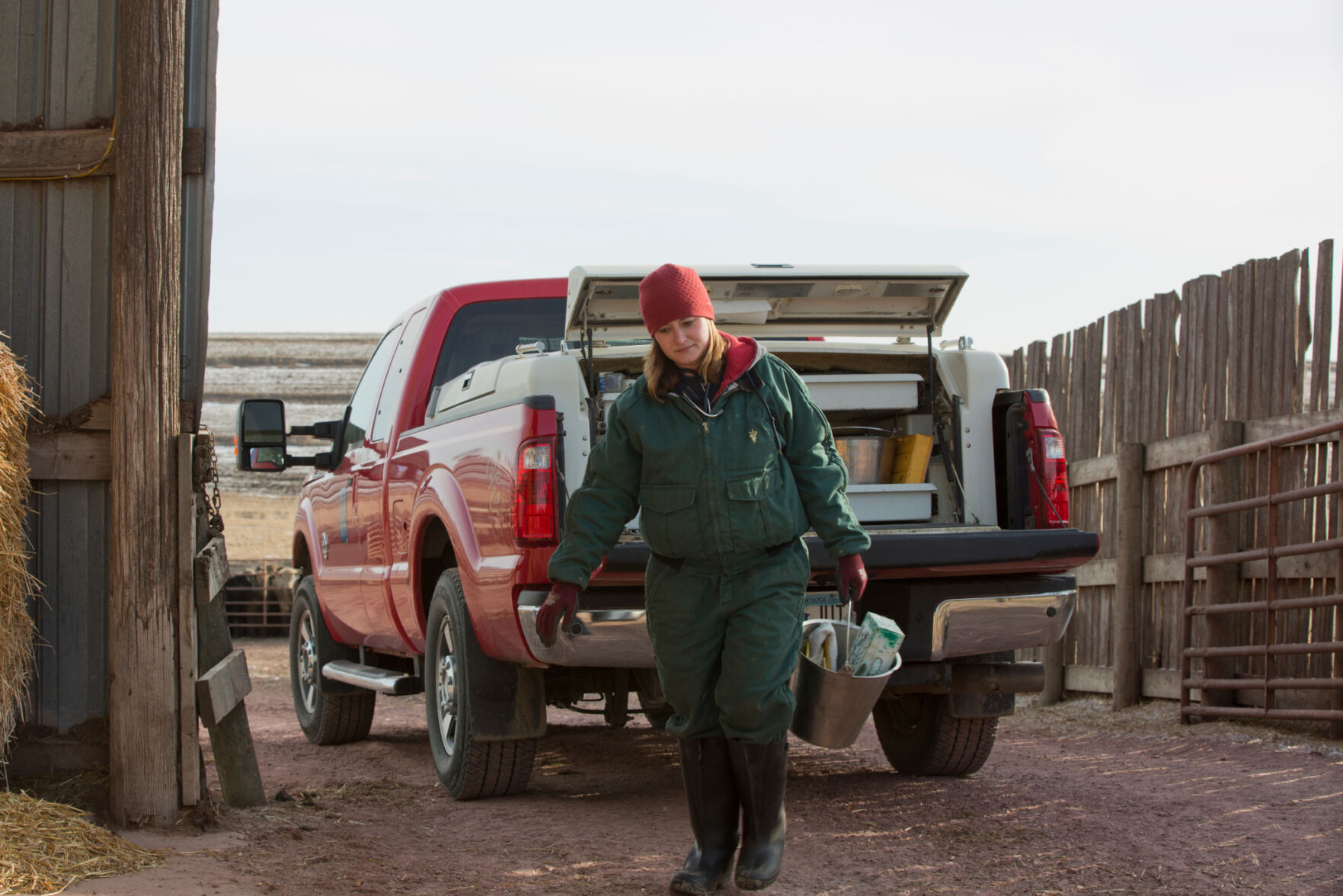Change is upon us. No later than June 11, 2023, veterinarians and producers alike will have to navigate the U.S. Food and Drug Administration’s guidance that transitions medically important over-the-counter animal antimicrobial products to prescription-only status.
Dr. Linda Tikofsky, DVM, Boehringer Ingelheim, explained what this guidance means for producers. “Certain antimicrobial products that are labeled for over-the-counter distribution will be moving to prescription status,” she shared. “That means those products that have been available on the shelves of farm stores or dealer stores will now require producers to get them through their veterinarian with a prescription.”
Both Tikofsky and Dr. Jessica McArt, DVM, Cornell University, see this as another step in the right direction for producers, a move to continue improving the overall stewardship of antimicrobial use in food animal production.
“This doesn’t mean that antimicrobials are not important to use in food animal production, or that we shouldn’t be using them,” said McArt. “It’s just that veterinarians need to know how and when they are being used, so we can help get in front of any problems and make management changes when necessary.”
Although there may be uncertainty across the industry, McArt sees opportunity for both producers and veterinarians. “It’s exciting to think this will encourage annual veterinary visits for all producers,“ she expressed. There may be some bumps along the way as producers acclimate to this new method of accessing animal health products, and McArt understands that. “Bottom line, this is going to be better for the producer’s economics,” she explained. “This shift can help us focus even more on preventive care and reduce the overall risk of disease.”
Tikofsky and McArt echoed an important reminder. Producers will only be able to access prescribed medications, antimicrobial drugs included, from veterinarians they have a valid veterinary-client-patient relationship with. If a producer does not have a VCPR, now is the time to pursue that relationship with a local veterinarian.
“I think the best thing producers can do is to look forward to this change and plan accordingly,” concluded Tikofsky. “If they don’t have a veterinarian working with their operation, now is the time to develop a relationship with one. This will minimize the impact of the change coming in June.”




